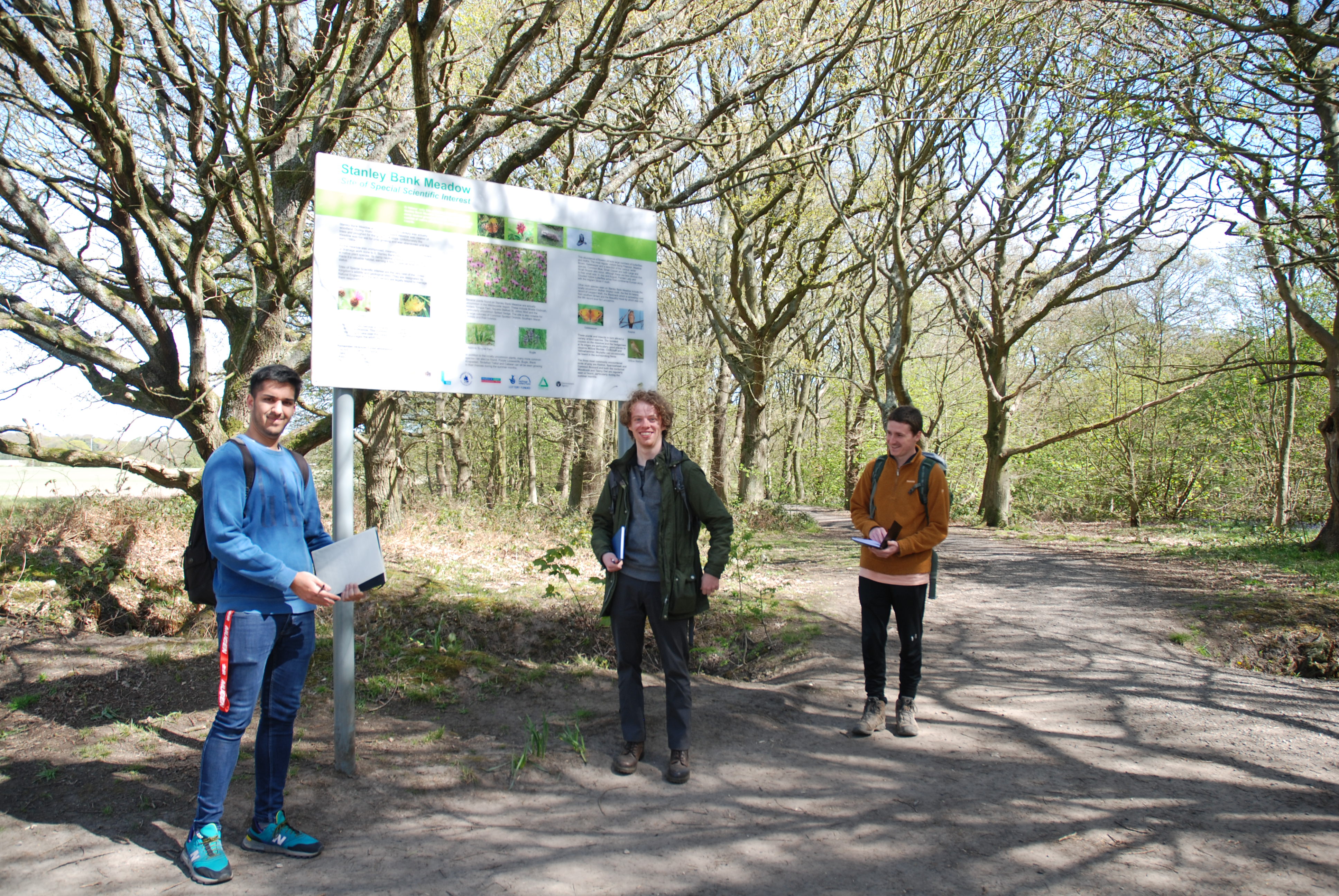Students within Liverpool Hope University’s Department of Geography and Environmental Science have told of their joy after fieldwork trips resumed for the first time since the Covid-19 lockdown.
Reverend Paul Rooney, Head of the Department, says fieldwork excursions are ‘integral’ to all the geography, environmental science and tourism programmes at Hope.
And recent days have seen groups enjoying a range of landscapes, from woodlands to coastal dunes.
Rev. Rooney says: “I am delighted to report that in the last two weeks we have been able to re-start COVID-safe fieldwork for students in the Department of Geography and Environmental Science.
“Our Foundation Year and first year undergraduate students have been out on student-led individual and small group fieldwork exercises to local sites conducting bird surveys and recording environmental change.
“In small groups led by myself, students from our MSc Ecology and Environmental Management have also visited woodlands in St Helens and the internationally important dunes of the Sefton Coast, collecting ecological data and observing conservation management.”
And the trips have been thoroughly embraced by the students who’ve been on them.
MSc student Usama Rathor reveals: "It was great to get back into the field again - there is little that compares to the richness of being out with your fellow academics and physically experiencing the environment around you. I'll never take such experiences for granted again!"
Another MSc Ecology and Environmental Management student, Jake Healy, said the experience was a ‘chance to meet some of the lecturers and students on the course for the first time in person’ and added: “It also allowed us to experience and appreciate a lot of the theoretical content we had studied so far in a real-world setting.”
Meanwhile MSc student Calum McGonigal said: “By doing fieldwork I have been able to better understand and retain much of the content we have covered in lectures.
“For example, comprehending the multitude of habitats in an area is far easier when seeing them in person compared to seeing pictures in a textbook. Being able to meet with course mates in person has initiated some sense of community which has been near impossible to generate online.”
Rev. Rooney was also thrilled to return to the natural environment with the students.
He adds: “Due to COVID we necessarily had to suspend face-to face fieldwork over the last year and replace it with virtual fieldwork. Despite this, our students reported high levels of satisfaction with the changes we have had to make due to COVID, including our development of virtual fieldwork.
“However, while we recognise that virtual fieldwork has significant value in supplementing and enhancing field-based learning it is not a substitute for in-situ field learning.”
The Department is committed to the Council of Heads of Geography in UK Higher Education Institutions' (CHGHEI) key principles when it comes to undergraduate fieldwork.
This affirms that extended, in-depth engagement in the field with a diversity of spaces and places is an important mode of geographical learning.
The importance of fieldwork is also underlined by the ‘Subject Benchmark Statement’ for Geography, published by the Quality Assurance Agency for Higher Education, or ‘QAA’.
It states: “An essential and characteristic aspect of geography is the role of fieldwork and other forms of experiential learning in the development of knowledge and understanding. Taught fieldwork is required as an element of an undergraduate degree in Geography by the QAA subject benchmark.”




